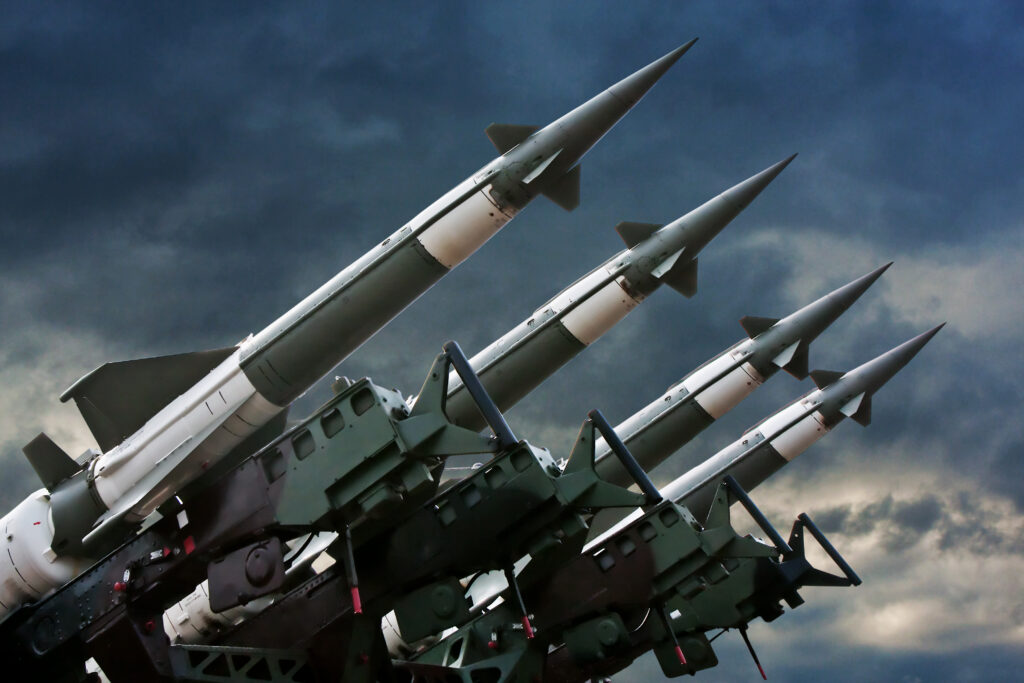Tensions flared between India and Pakistan this week after Indian forces launched missile strikes into Pakistani territory early Wednesday morning. The operation, named “Sindoor,” struck nine locations in Pakistan-administered Kashmir and eastern Punjab. The Indian army stated that the sites were being used by militant groups to plan future attacks on Indian soil.
According to India’s Defence Ministry, the strikes targeted areas linked to banned groups such as Lashkar-e-Taiba and Jaish-e-Mohammed. However, they denied hitting any military facilities. Indian officials said the operation was also a tribute to the women widowed by the April massacre in Kashmir, where gunmen killed 26 Indian tourists. India has blamed the attack on a Pakistan-based group known as “Kashmir Resistance,” which it says is tied to Lashkar-e-Taiba.
Casualties and Chaos in Pakistan
Pakistan reported heavy losses. Officials confirmed 31 deaths, including a child, and at least 38 people injured. One of the most severe hits came at the Subhan Mosque in Bahawalpur, where several civilians were killed during morning prayers. Another mosque was struck in Muridke. Both towns are believed by Indian intelligence to be safe havens for extremist groups.
Residents in Muzaffarabad, the capital of Pakistan-administered Kashmir, described terrifying scenes. “We feared the next missile would strike our home,” said Mohammad Ashraf, a local shopkeeper. Emergency crews rushed to the sites, and hospitals struggled to treat the injured.
Pakistan Responds, Downs Indian Aircraft
In a quick counterattack, the Pakistani Air Force responded with aerial strikes across the Line of Control. They claimed to have shot down five Indian jets. Wreckage from the downed aircraft fell in three locations inside India: Wuyan and Bhardha Kalan in Kashmir, and a third site in Punjab state. Villagers reported loud explosions and smoke plumes rising into the sky.
In Wuyan, debris hit a local school and a mosque, though no deaths were reported there. In Bhardha Kalan, villagers found two injured Indian pilots, whom they handed over to the Pakistani army. As of now, India has not confirmed or denied the loss of any aircraft.
Pakistani leaders condemned the Indian strikes. Prime Minister Shehbaz Sharif called them an “act of war” and vowed to retaliate. “We will protect our land and our people,” he said in a national address. Pakistan also summoned India’s charge d’affaires to register a formal protest.
Damage to Infrastructure Raises Global Concerns
Pakistani officials also accused India of damaging key infrastructure, including areas near a major dam. They stated this was a clear violation of international laws and could risk civilian safety.
Meanwhile, shelling from the Pakistani side of the border hit the Indian district of Poonch in Kashmir. Seven civilians died, and 30 others were hurt. Indian authorities described the attack as “arbitrary firing,” and said it was another example of Pakistan’s disregard for civilian lives.
The violence comes at a time of deep mistrust between the two nations. Both countries have accused each other of harboring militants and supporting terrorism. Each also claims sovereignty over the entire Kashmir region, a conflict that has led to three wars since 1947.
Leaders Call for Restraint Amid Nuclear Fears
The global response has been one of concern. United Nations spokesperson Stephane Dujarric urged both nations to step back. “The world cannot afford a war between two nuclear powers,” he said in a statement from New York.
India’s Prime Minister Narendra Modi convened the Cabinet Committee on Security to assess the situation. The Ministry of Home Affairs ordered civil defense drills in several states, including Jammu and Kashmir, Punjab, and Rajasthan. Officials also confirmed that 10 Indian citizens had died due to the conflict so far.
In India, political leaders from all major parties showed support for the army. Defense Minister Rajnath Singh posted “Victory to Mother India” on social media. The Congress Party, India’s main opposition, expressed pride in the armed forces and called for national unity in the face of external threats.
Roots of the Crisis
The current crisis stems from the massacre of 26 Indian tourists in Kashmir last month. India believes the group “Kashmir Resistance” carried out the killings. They say the group is backed by Pakistan and linked to known terror networks. Pakistan has denied all involvement, stating that it has no connection to the group and condemns attacks on civilians.
Experts warn that unless both sides step back, the violence could grow worse. “This is a dangerous moment,” said Ravi Menon, a South Asia policy analyst. “Both countries are walking a tightrope, and a single misstep could lead to a full-blown war.”
As the world watches closely, calls for peace grow louder. Yet on the ground, families are mourning lost loved ones, and civilians on both sides of the border live in fear of more strikes.
